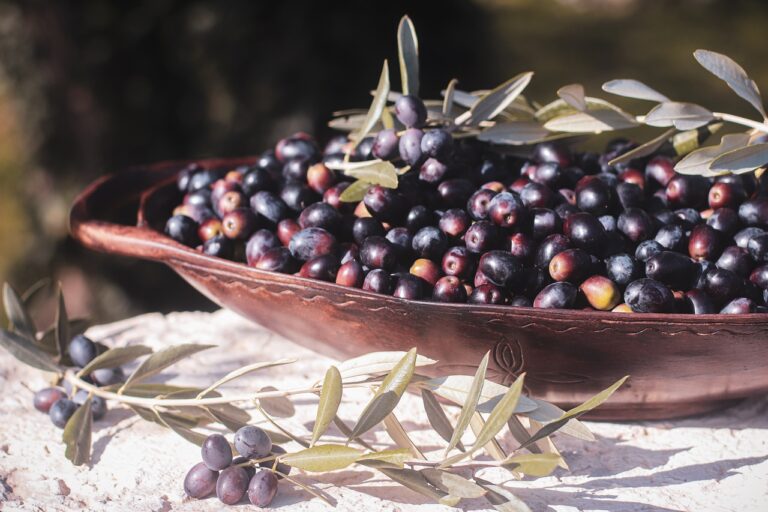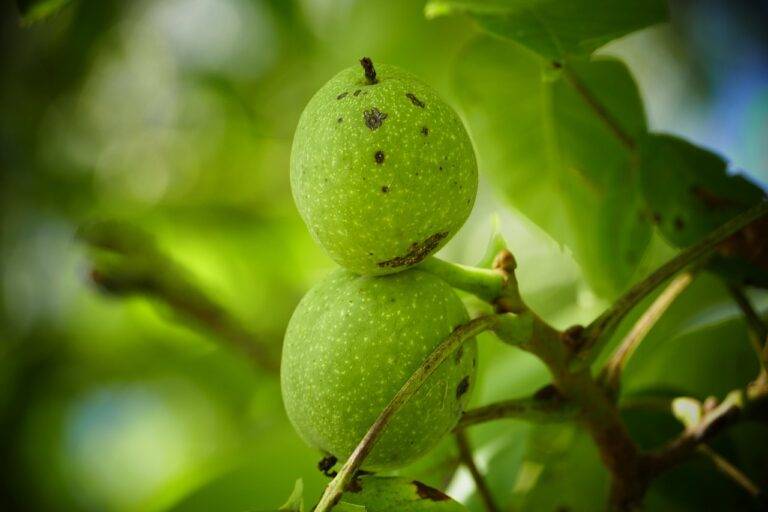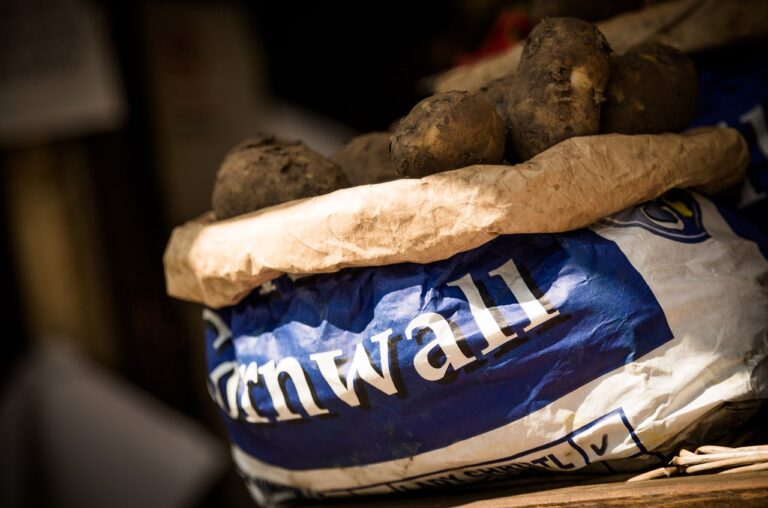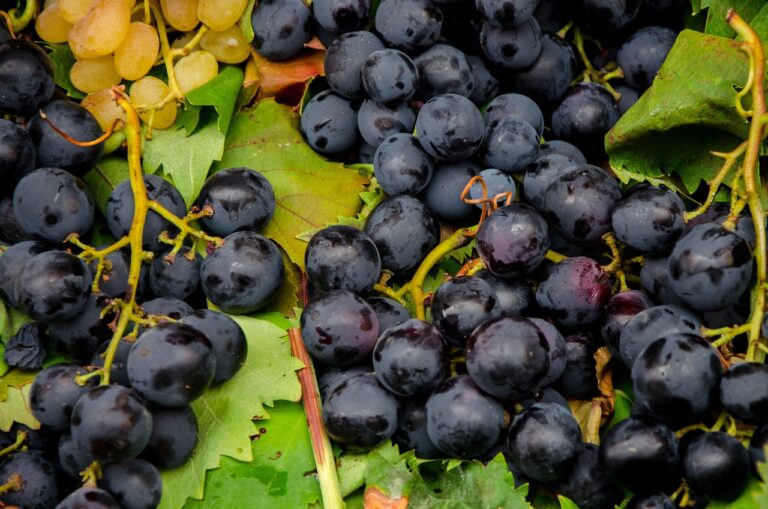How Digital Technologies are Enhancing Crop Management: Betbook250, 11xplay.pro/login, Yolo247 login
betbook250, 11xplay.pro/login, yolo247 login: How Digital Technologies are Enhancing Crop Management
In the world of agriculture, technology is rapidly advancing to help farmers improve their crop management practices. From using drones to monitor fields to utilizing data analytics to make informed decisions, digital technologies are revolutionizing the way crops are grown and managed. In this blog post, we will explore how these digital tools are enhancing crop management and helping farmers increase their yields and profitability.
Understanding the Soil
One of the key aspects of effective crop management is understanding the soil in which the crops are grown. Digital technologies such as soil sensors and mapping tools are helping farmers gather crucial data about the soil’s composition, moisture levels, and nutrient content. This information allows farmers to make informed decisions about the types of crops to plant, the amount of fertilizers to use, and the optimal irrigation methods to employ.
Monitoring Crop Health
Digital technologies are also making it easier for farmers to monitor the health of their crops. Drones equipped with cameras and sensors can fly over fields and capture high-resolution images that provide insights into crop health and growth patterns. These images can help farmers identify areas of stress, pest infestations, or disease outbreaks early on, allowing them to take timely action to mitigate losses.
Precision Farming
Precision farming is a farming management concept that utilizes digital technologies to optimize inputs and maximize yields. By using GPS technology, sensors, and data analytics, farmers can create detailed maps of their fields and apply inputs such as fertilizers and pesticides in a targeted and precise manner. This not only helps reduce waste but also improves crop health and yields. Additionally, precision farming allows farmers to monitor crop growth in real-time and adjust their management practices accordingly.
Weather Forecasting
Weather plays a crucial role in crop management, as extreme weather events such as droughts, floods, and storms can significantly impact crop yields. Digital technologies are now providing farmers with accurate weather forecasts, allowing them to plan and adapt their farming practices accordingly. By knowing when to plant, irrigate, or harvest, farmers can minimize the risks associated with unpredictable weather patterns and optimize their crop production.
Data Analytics
One of the most powerful tools in the digital agriculture toolkit is data analytics. By collecting and analyzing data from various sources such as sensors, drones, and satellite imagery, farmers can gain valuable insights into their crop management practices. Data analytics can help farmers optimize their planting schedules, predict yield outcomes, identify areas for improvement, and make data-driven decisions to enhance crop productivity. By harnessing the power of big data, farmers can unlock new opportunities to improve their farming operations.
Crop Monitoring Apps
Mobile applications are also playing a significant role in enhancing crop management. There are now a plethora of crop monitoring apps available that provide farmers with real-time information about their crops, including weather forecasts, pest alerts, and market prices. These apps allow farmers to stay informed and connected, enabling them to make better decisions and maximize their crop yields.
In conclusion, digital technologies are transforming the world of agriculture and revolutionizing crop management practices. By utilizing tools such as soil sensors, drones, precision farming techniques, weather forecasting, data analytics, and crop monitoring apps, farmers can optimize their farming operations, increase their yields, and improve their profitability. As technology continues to evolve, we can expect to see even more innovative solutions that will further enhance crop management and shape the future of agriculture.
FAQs
1. What are the benefits of using digital technologies in crop management?
– Digital technologies help farmers gather crucial data about soil health, monitor crop health, optimize inputs, plan for weather events, analyze data for insights, and use crop monitoring apps for real-time information.
2. How can farmers integrate digital technologies into their existing crop management practices?
– Farmers can start by investing in tools such as soil sensors, drones, GPS technology, data analytics software, and crop monitoring apps. By gradually incorporating these technologies into their farming operations, farmers can improve their crop management practices over time.







